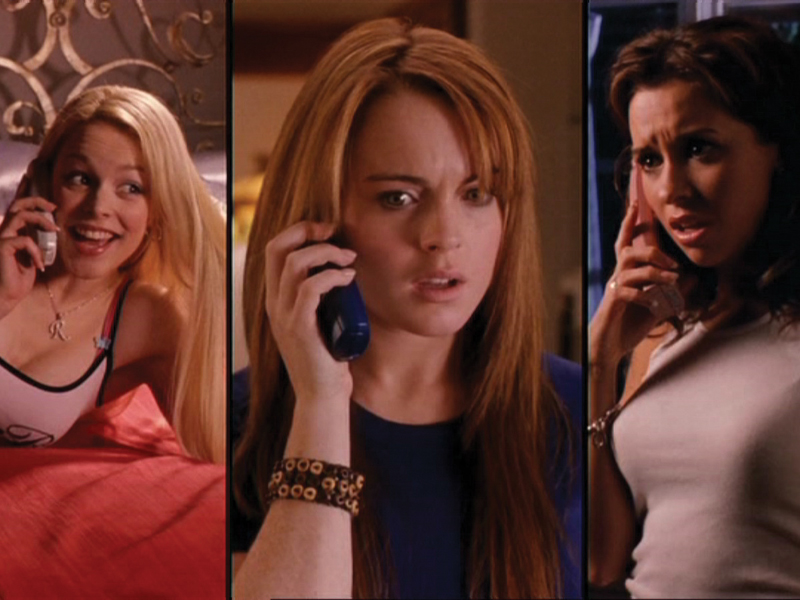
Something that’s been on my mind for some time, that in many ways is difficult to talk about, is the way I’ve noticed the immense amount of judgment and sexual policing other women give each other — consciously or subconsciously. Either way, it’s a problem.
By sexual policing, I mean those snide comments about the way someone is dressed, carrying herself, dancing or even engaging in sexual activity in a way that elicits judgments and disapproving attitudes. Dropping phrases like, “Look at what’s she’s wearing,” “What a slut!” or even, “You’ve slept with how many people!?” This doesn’t just happen to strangers on the street, in the club or at a bar — this even occurs frequently by the people we consider to be our friends. We have all heard, been the receiver of such comments and, most notably, even been the ones who blurted out these comments with a nasty disdain in our mouths. Why has sexually policing other women become a normalized accepted response, when it revolves around women’s sexuality? Does the sexual behavior of men illicit the same response? I didn’t think so.
As UCR Gender and Sexuality professor Tamara Ho explains, “This kind of policing behavior has recently been called ‘slut shaming.’ Women do this a lot to each other unfortunately … slut-shaming becomes a way of blaming individual women for acts of sexist violence, rather than seeing that we all live in a system that devalues women and attempts to control women’s sexuality and behavior — in other words, patriarchy.”
The socialization of judging the sexuality of women is nothing new. The old trope of the “virgin” and “whore” has been intertwined in the histories of religious, social and cultural ideals. The very facets of our social order have been deeply rooted in controlling women’s sense of agency from marriage dowry to how women engage in their day-to day-life. Women are expected to have a perceived “purity” and virgin-esque lure, while simultaneously being seen as sexually attractive and available. Women have faced this conflicting notion that has been a damaging reality that is still very much prevalent. How do women own their sexuality in a way that is respected by the individual, rather than dictated by various institutional forces that hold up sexist double standards?
It’s hard to make sense of sexuality when the mixed messages of pop culture mediums display women as sexual objects, with their self-worth confined to how “hot” they are perceived. In the same breath, the reproductive rights, such as access to birth control and Plan B, have been a constant battle between lawmakers and religious right-wing groups against a public outcry for reproductive rights to be upheld.
Our society does not allow for women to live outside of the status quo, only neatly in the confines of a dichotomy of the virgin and the whore. It leaves no room to explore and find the individual power in their own sexuality, which falls more in the spectrum of expression.
The need to stop shaming women for the way they sexually express themselves is crucial if progress is to occur. This sexual expression should not be confined to what has been written. We have the power to create a new reality thats not based in the devalued notion of women, and the catty behavior of sexually policing each other. The need to think about where energy is spent, which is usually misplaced and put toward bringing each other down. We have the opportunity to coalition-build, and let the spectrum of sexual expression be affirmed and owned by the individual without fear of repercussion.








